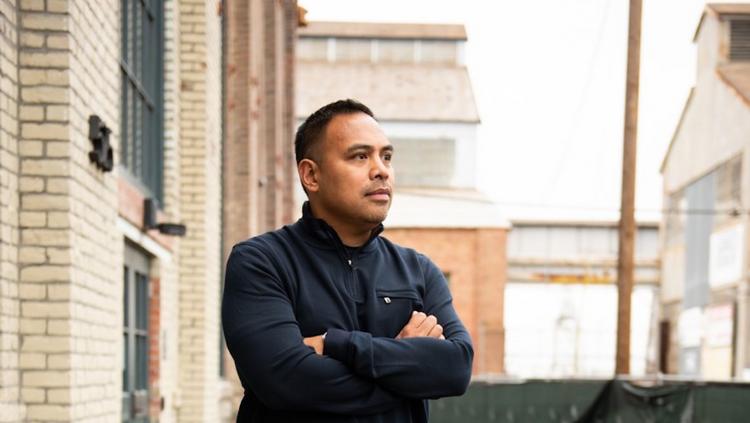
Jason Coloma, Maze Therapeutics CEO
Maze Therapeutics spins out two new companies with Alloy and BridgeBio
The startup has become the starter.
Just under two years after bursting onto the scene with close to $200 million, Maze Therapeutics is spinning out …
Sign up to read this article for free.
Get free access to a limited number of articles, plus choose newsletters to get straight to your inbox.